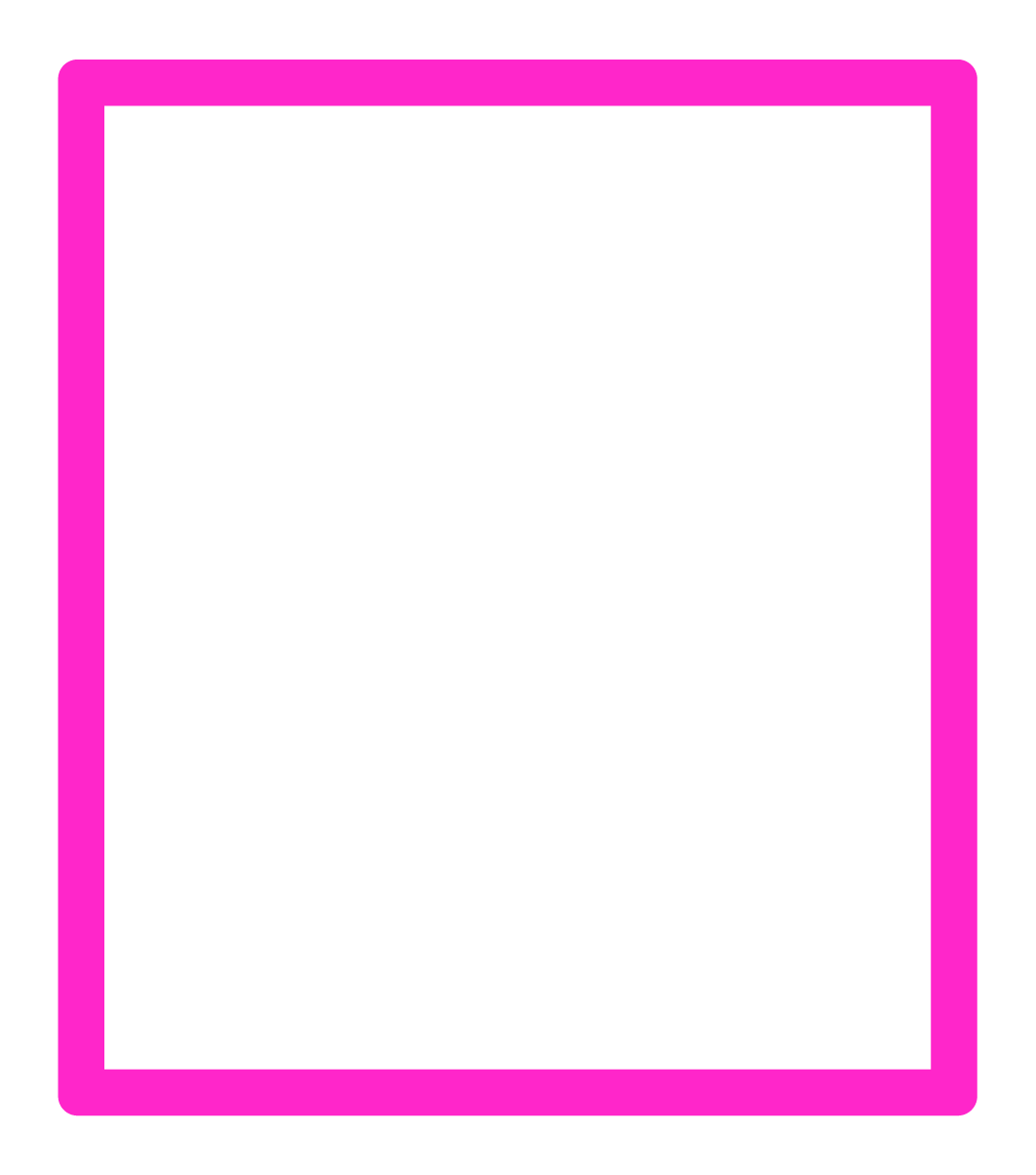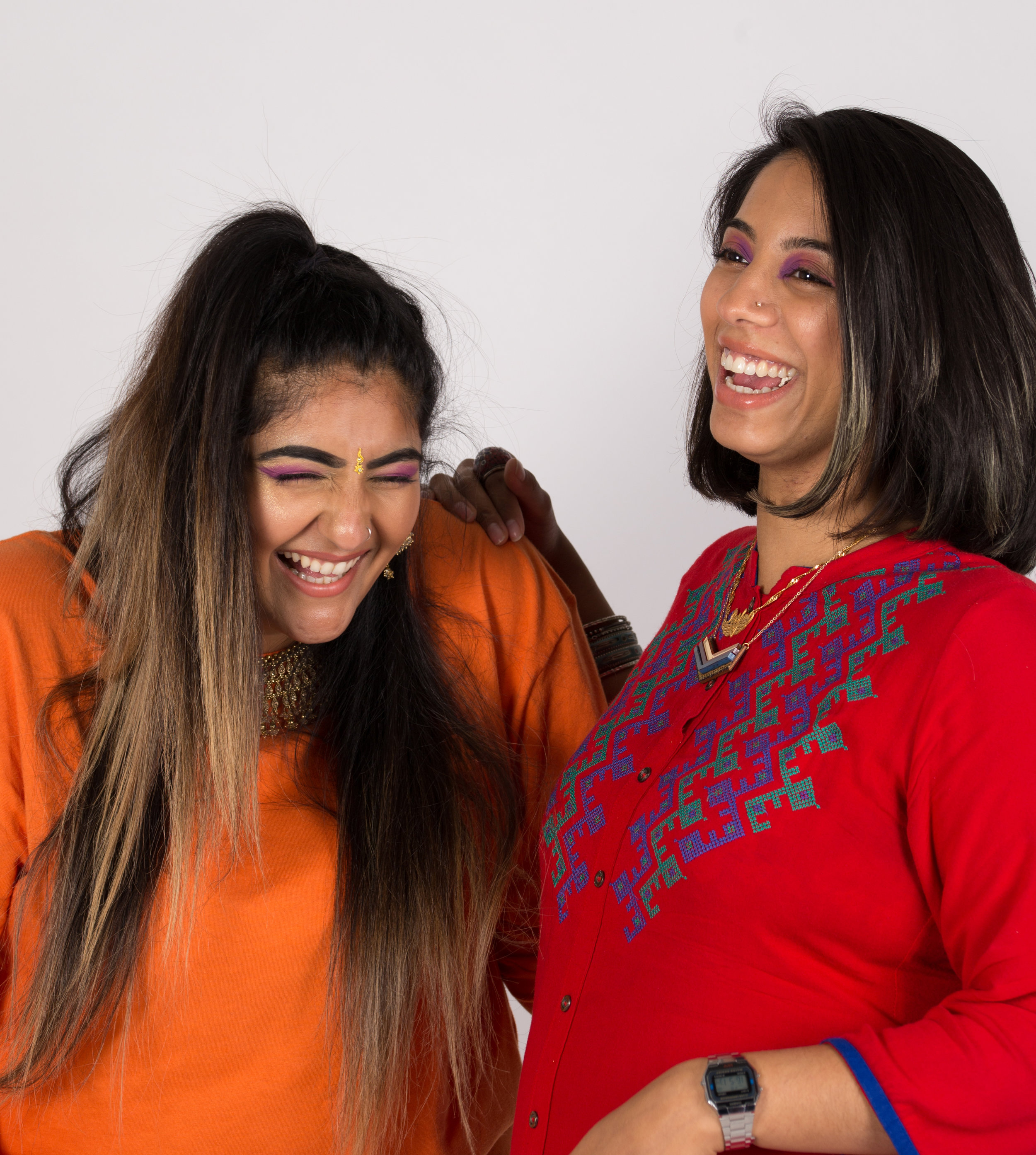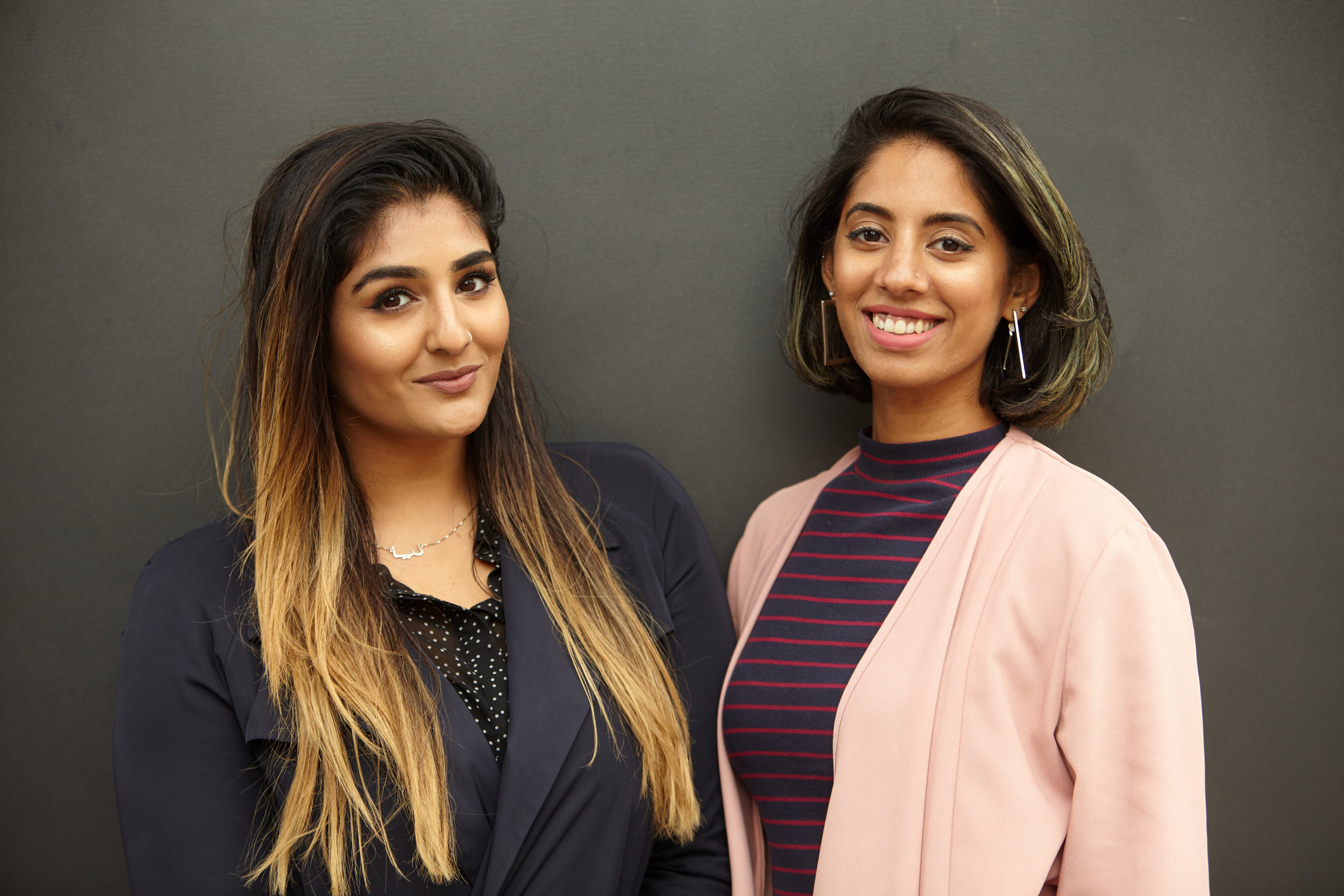We're big fans of F =, and their GIRL POWER TEES, so much so there's a picture of our founder wearing one on this website. We caught up with one of the women behind the brand to find out more about the online store and empowerment platform for women and children, which recently launched the Our Stories Matter campaign. F = was founded by twins ~ tech entrepreneur and author Danielle Newnham ~ and fashion doyenne Natalie Bardega. They created the platform to inspire, motivate and empower women to rise. They practise what they preach too, with an ongoing GIRL POWER partnership with Worldreader, a global non-profit organisation on a mission to deliver digital books to every child and their family. Check out our conversation with Danielle below!
“Women need to take ownership of the sisterhood and come together more”
Thandie Newton
What drove you to create F =?
Having spent ten years in tech, I was acutely aware that women were almost invisible in the industry and, after spending a day at a tech conference where all the men were wearing their startup t-shirts, I realised one way to make the women stand out more was with slogan tops. I saw guys approaching others when they recognised the logo on their t-shirt – it was almost a conversation starter so I looked into what existed for females in tech and female founders and saw there was nothing. At the time, my sister was taking a well-earned career break so we came together, discussed the idea of how we could make women more “visible” in general and F = was born!
With my background in tech and hers in fashion, we decided on the idea of selling empowering slogan tops alongside a site filled with incredible stories from women doing amazing work. We also knew our fashion couldn’t reach everywhere but our message of empowerment could so we partnered with Worldreader to create the GIRL POWER t-shirt with proceeds going to the non-profit which elevates girls out of poverty in the developing world.
What's the biggest lesson you've learnt from starting up F =?
There is an assumption that in the tech world that if you build something, people will just appear – like some mythical pull to your product. That’s just not the case. The same has happened to us – we get big hits when celebs wear our tops but the biggest lesson for us has been around building a community first. All the hard work for us has really been in building up a community who are loyal and engaged. People underestimate the effort that goes into community building through providing great content but, in this day and age, it is one of the most critical aspects of our business. We’re proud to now reach over 100,000 on a daily basis.
How have you been able to turn what was a side project into a mission-driven business?
It really happened organically. We definitely didn’t see it as a full-time thing to start with but it started to demand more and more of our time and because our mission was so aligned with our purpose in life, it made sense. I don’t think I could have committed more hours to a business without really believing in it. I am a mother, I write books – my time is pretty full but there has been a seismic shift when it comes to female empowerment in the last three years since we started. We could never have predicted it but it definitely made our business more necessary.
It has been hard work though – we often talk about the good aspects of entrepreneurship such as the fact you manage your own time but there are also a lot of hard times and that is where having a well-defined mission really helps. It certainly gets you through the more difficult times and helps you put in the hours necessary to build something you really want to see in the world.
@coral_pearl_ and her daughter
Was there ever a point when you wanted to give up?
There have been definitely a few. When some big brands and well-known TV stars first copied our GIRL POWER tops, I have to say, they were low times. We had built up a brand, and a mission and this was a charity tee so we were devastated - and we felt we couldn’t compete with a high street retailer or a celeb with x million followers.
We felt like this for a few hours but then our community started posting their anger and disappointment on the celeb’s feed and as well as our own mission snapped back to the forefront again. So we decided to fight and we fought hard. We started emailing those concerned – the brand, the celeb, the agent, the manager explaining the history of our GIRL POWER tees and the charity, and explained our legal rights to the design… and after a while, they accepted it, apologised and pulled the tees. So the lesson here is never give up, never give in and never forget your worth.
What's been the biggest milestone for the business so far?
Our latest launch – OUR STORIES MATTER - because it ties up everything we are about from inspiring girls to empowering women and telling the untold stories of great heroines. And, most importantly, we can see the difference it is going to make.
We only launched recently and we are already selling out. But this launch isn’t just about fashion – it’s about education. It’s about reaching more and more young girls with inspiring stories about incredible women – stories which we know will have impact.
By wearing the tees, we hope you spark conversations around our own stories, and the books that accompany the tees — we ask customers to donate them to local schools and libraries to inform, inspire and empower the next generation with the stories of incredible women which have gone before them. If each school had these books on their shelves and hundreds of thousands of children had access to them, we know what a difference it would make.
We want to make the books as inclusive and diverse as possible so will be starting with both Vashti Harrisons’s Little Leaders: Bold Women in Black History and Kate Pankhurst’s Fantastically Great Women Who Changed the World but we will be adding more in due course.
As sisters, does this bring up complications in your business relationship when it comes to making decisions?
The trouble we have is also what works – despite being twins, we are VERY different. Natalie is very logical, uses a lot of common sense and is risk adverse. She likes order whereas I am far more impulsive, “reckless” she would probably say but I always go on my gut. I can’t do something unless I 100% believe in it and when I do, I go for it – feet first. She likes to work out everything beforehand but I think the two different personalities can help us find a sustainable middle ground!
Why do you think Fequals t-shirts have been so well received by women?
When we started, there really wasn’t anything like it around. Selfish Mother existed but she was firmly in the mother camp and we were more focused on women at work – sharing inspiring stories about women kicking ass in their field. No one was really telling the stories of inspiring women and we like to think we changed that area somewhat.
Allbright Founders Anna-Jones and Debbie-Wosskow with Sadiq Khan
On the flipside, there has been some discussion amongst women in the media on whether a female empowerment statement on a t-shirt goes far enough to support the sisterhood. What are your thoughts?
I think it depends on the brand and their mission. When high streets stores put vacuous messages on their tops which have been made in a factory filled with underpaid workers then clearly, there is a disconnect. But our mission has always been three-fold and I think this cements our commitment to a “sisterhood”.
Brands need to be more aware that their customers are no longer passive – customers want to know more about their mission, that if they have empowering tops, that this message is aligned with how they treat women in their own company. Today’s world requires much more from the seller. And I think that is a good thing.
Proceeds from each t-shirt sale go to Worldreader. Have you seen positive impact through this?
Yes, we regularly meet with Worldreaders to see the work they are doing and the impact they have on girls in the developing world. We know how transformative books are and the fact that we are able to contribute to that makes us very proud.
It feels like the #girlpowertee is cresting the wave of female solidarity, following the swell of movements such as #metoo and #timesup. Do you think women are feeling more confident to stand up and be heard right now?
100%. When we started designing our tops, it was to make women feel more empowered – we used to get messages from customers about how they wore our tops to meetings under blazers and just wearing them, made them feel stronger. This was our intention but then 2017 was a catalyst and led to our recent launch of #ourstoriesmatter.
What more do think we can do to build action in the sisterhood community and create change?
Women need to take ownership. We talk a lot about what support we need and how our stories need to be told but we also think women need to come together more. We need to share our stories with each other more because they help and they heal. They have the power to inspire and empower and the world needs more of that.
With thousands of people around the world now wearing your t-shirts, what’s next for Fequals this year?
We’re wholly committed to our Our Stories Matter campaign to get more young children reading stories about diverse, female heroines but also to get women talking about their own stories. Our voices have been held back for so long – it’s time for us all to now speak up.

















